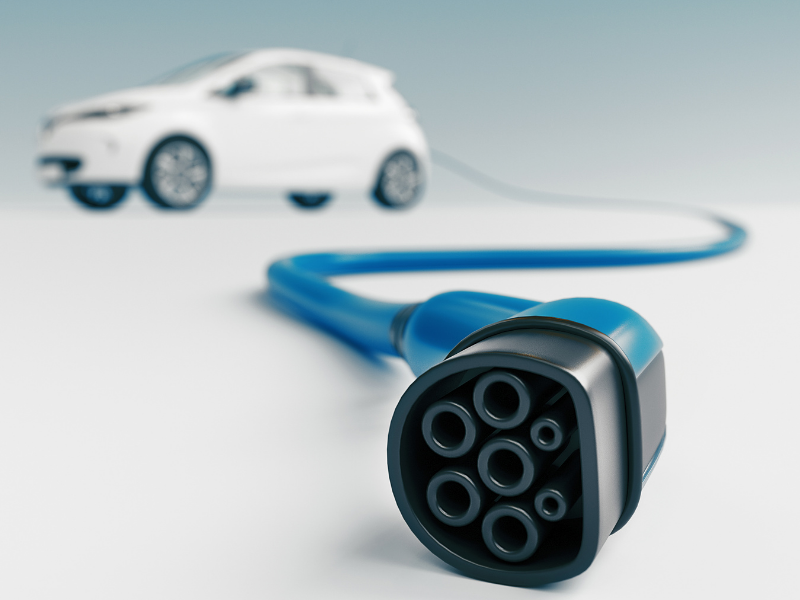And the Victorian pioneer even designed a steam-powered generator to recharge it.
8th October 2020
10 interesting facts about Electric Vehicles

Today across the UK we are celebrating #CleanAirDay 2020, and whilst 2020 has definitely been an interesting year to say the least, one thing you could say that has been positive, has been the improvement in air quality we’ve seen right across the globe.
The UK’s Covid-19 induced lockdown caused a massive shift towards low pollution behaviours and as a result of this, we were all able to experience significantly cleaner air in our towns and cities.
Because of this dramatic improvement, the UK Government has now even brought their target date to stop the sale of petrol and diesel vehicles forward to 2030 and with air pollution being the biggest environmental risk factor for our health, as we recover from the pandemic, we will all need to keep up the momentum to help keep our air clean.

Electric vehicles provide a key solution to cutting air pollution, so we thought we should share some interesting facts with you about EVs, and perhaps today will be the day you start your journey to a cleaner future…
From July 2019, a new EU rule meant that all new electric and hybrid cars are legally required to emit an artificial noise so that they can be more easily heard by cyclists and pedestrians. The noise kicks in at speeds of 13mph and below and since the noise is on the exterior of the car, it’s still nice and quiet inside for drivers.
All-electric cars have regenerative braking which means that every time you brake, some electricity goes back into the battery. Braking in fact actually helps to get more miles from the car, enabling you to drive further. When driving an electric car down a hill or a mountain, drivers will actually have added miles to their range when they reach the bottom.
NASA’s Lunar Rover runs on electricity
To support the uptake of electric vehicles, the UK government have put in place a number of great incentives- for both businesses and individuals. Click here to learn more about the grants which could help you on your EV journey.
New data shows that electric cars in Europe generate three times less CO2 on average than their internal combustion counterparts.
One of the biggest attractions of owning a plug-in electric car is that they are cheap to run.
Most manufacturers have a five to eight-year warranty on their battery. However, the current prediction is that an electric car battery will last from 10 – 20 years before they need to be replaced.
A 62-mile range is well within the realms of most electric vans so as long as drivers have the ability to charge their van at night, a zero emissions, cheap to run electric van makes a lot of sense for UK businesses.
The Rapid Charging Fund was announced in the March 2020 Budget as part of a £500 million commitment for EV charging infrastructure. The purpose of this programme will be to ensure that there is a rapid-charging network ready to meet the long-term consumer demand for electric vehicle charge points ahead of need.
Download our EV Infographic for more interesting facts about EVs, or head over to the KINTO EV hub to find out more about the benefits of switching to an electric vehicle.